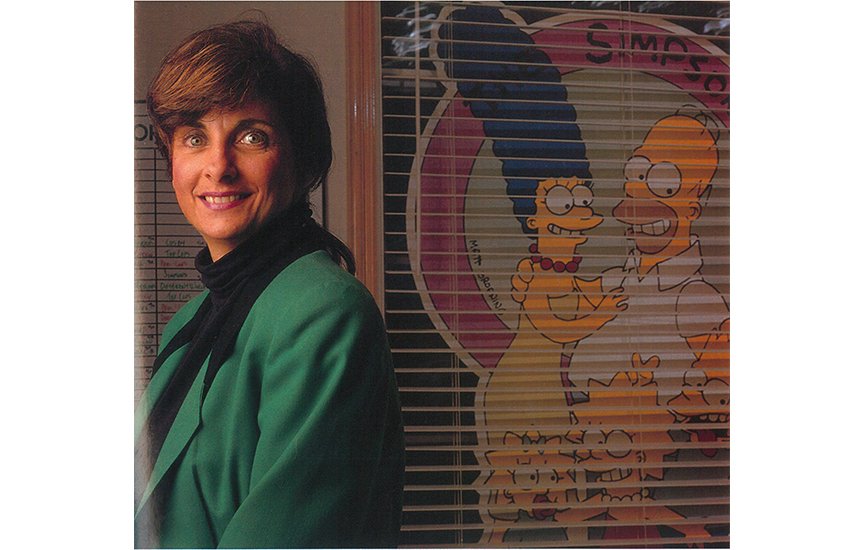In its February–March 1992 inaugural issue Worth profiled Lucie Salhany, who would become the first woman to head a broadcast television network in 1993, as chairman of Fox Broadcasting Company. At one time hailed as the most powerful woman in Hollywood, Salhany went on to create United Paramount Network after leaving her mark at Fox.
Salhany launched the enormously popular—and profitable—Arsenio Hall Show when she was head of syndication at Paramount, convinced that a younger, urban (read: fashion-conscious, rap-aware), late-night audience existed. She was right, and, my, the contrast was illuminating: The ultrahip Arsenio made Johnny and the gang look positively antique.

Now as head of television program production and syndication for the Twentieth Century Fox studio, Salhany, 45, is arguably Hollywood’s highest-ranking woman. Not bad for a former Cleveland television station secretary who never graduated from college—though in Hollywood, a familiarity with Chaucer is hardly a job requirement. She got there, colleagues say, on the strength of her intelligence, toughness and a frenetic drive rarely leaves her sitting still.
Salhany’s mandate, direct from chairman Barry Diller, incudes taking Fox’s lagging syndication operation, whose biggest success remains the five-year-old A Current Affair, and turning it into a competitor of the first rank. During her stint at Paramount, Salhany’s division reportedly accounted for as much as half of pretax operating income for the studio, and an estimated 12.5 percent of total pretax profits for the parent company. So, when Fox sells The Simpsons for reruns, the notoriously underachieving Bart may find himself a driving character.
How does Salhany do it? By playing hard ball. For instance, using Paramount’s Star Trek: The Next Generation as a bargaining chip, her team strong-armed stations, persuading network affiliates, craving the series to preempt prime-time feeds to make room for a weekly block of Paramount shows. And she insisted the stations that wanted to renew reruns of the original Star Trek series buy The Next Generation sight unseen, for the same price per episode. Ouch.

This was a woman Diller could love. “Everybody warned me. He got a reputation for being mean,” allows Salhany, herself known for being alternately gracious and volatile, “but he hasn’t been. I keep waiting.”
“With Lucie, [Diller’s] met his match,” predicts veteran TV executive Mel Harris, who’s worked with both of them. “This time, it may be that Barry’s hired the employee he deserves.”—Neal Koch
Reprinted from the February-March 1992 issue of Worth.








